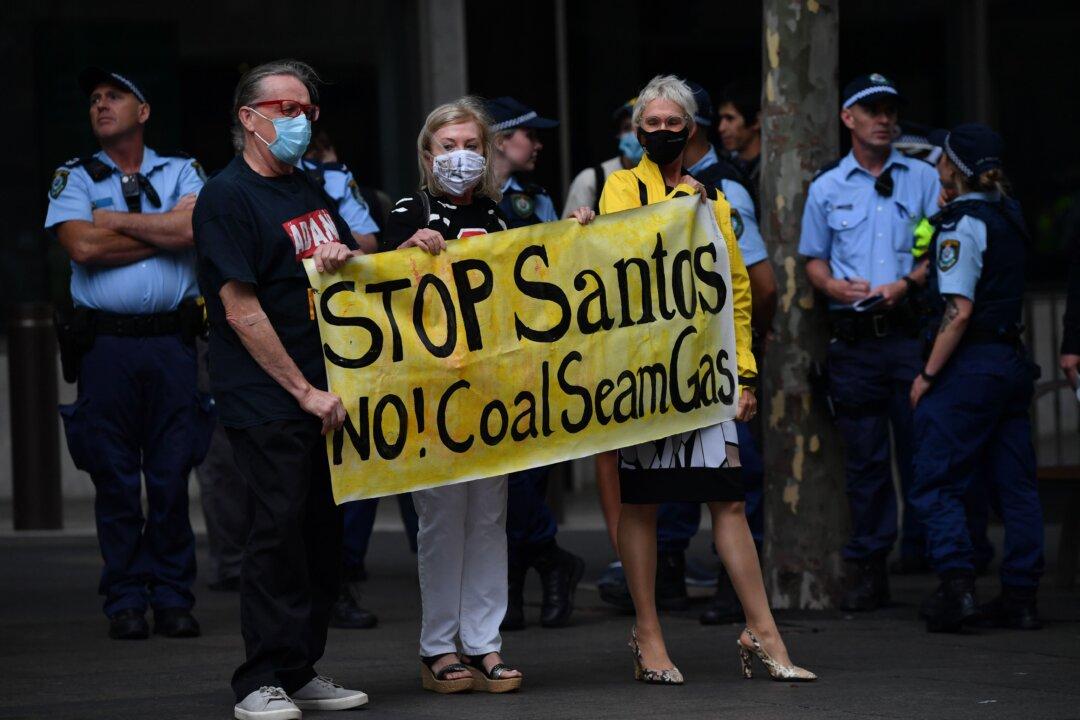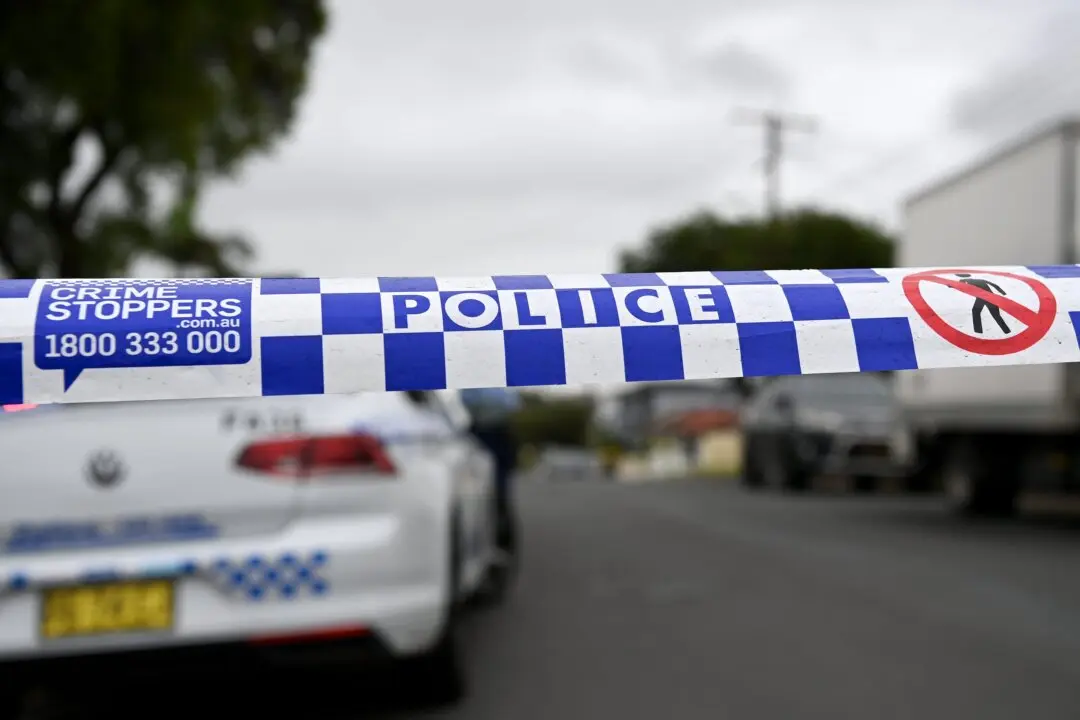Gas giant Santos has lost its bid to restart drilling at a multimillion-dollar gas field off the Tiwi Islands, but the company is confident the project can stay on track.
The full Federal Court on Friday dismissed Santos’s appeal, upholding an earlier decision that the offshore gas regulator should not have approved drilling in the Barossa gas field, 265 kilometres northwest of Darwin.





